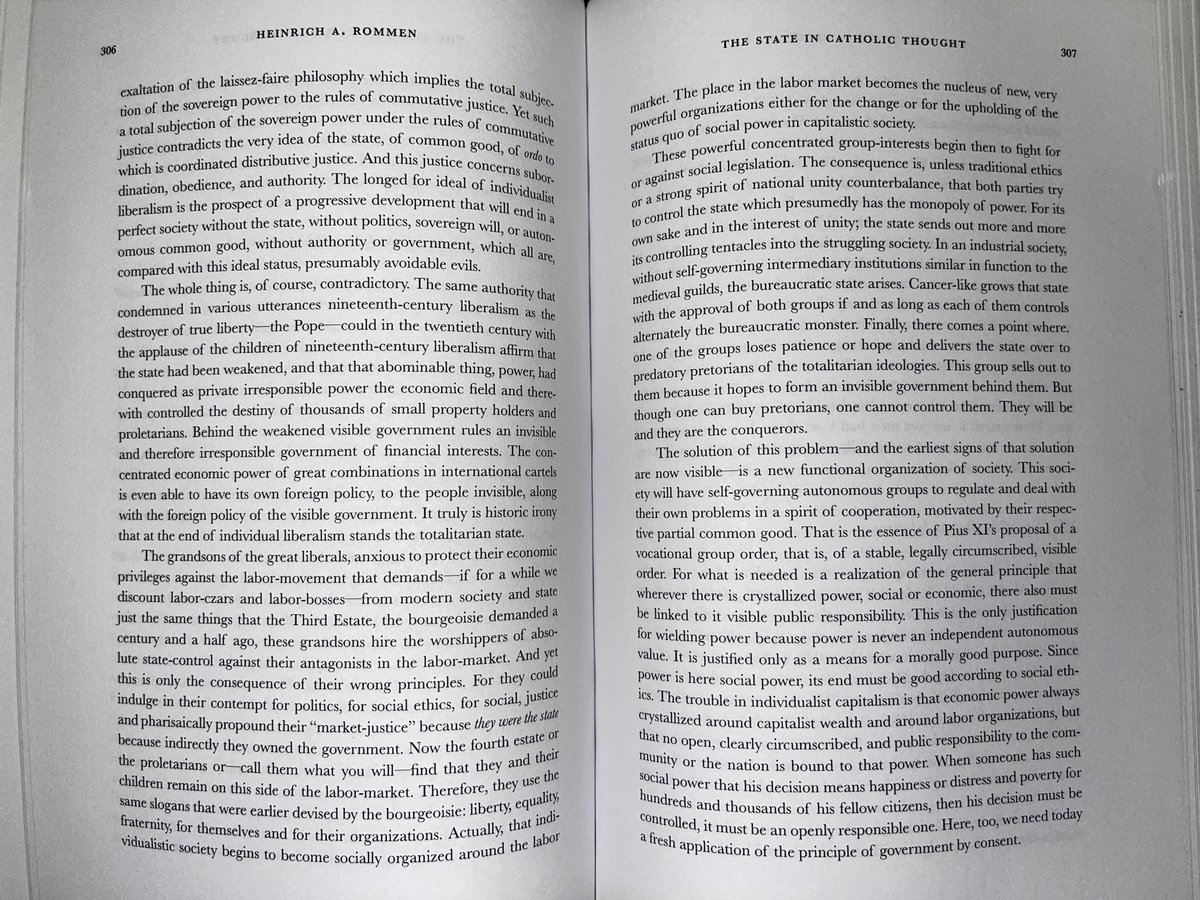
A clear way to understand the RUS-UKR war: actions (ignore words) to date indicate the Germans particularly see Russia as the status quo power (esp for cheap & reliable energy) and view the Anglo-Poland bloc’s support for Ukraine as the stuff of revolutionary powers #RealPolitik 





Before everyone reading this piles on the Germans, they are the human shields for much of the European Union’s quiet thinking – who are very unenthusiastic about a long war over Ukraine in the east that produces nothing for the EU but refugees and rebuilding costs. 

Statesmen have a duty to pursue their national interests & protect their people. What is in the interests of the Anglo-Americans and the Poles, may not be seen in the same way from Paris and Berlin. There is no shame and only wisdom in recognising this #RealPolitik
Even the United States, with all its immense power, must deal with the reality that Israel and Saudi Arabia not to mention India, all see no reason why they should have to be anti-Russia. I have not yet got to Turkey, with whom Russia will want an understanding over the Black Sea 

I am often criticised here for posting old maps & going on about historical issues but, perhaps, there is a reason that older, and wiser, men considered these places to be so important - and would have seen surrendering any influence in the Hellespont and Black Sea as insane? 

• • •
Missing some Tweet in this thread? You can try to
force a refresh
























